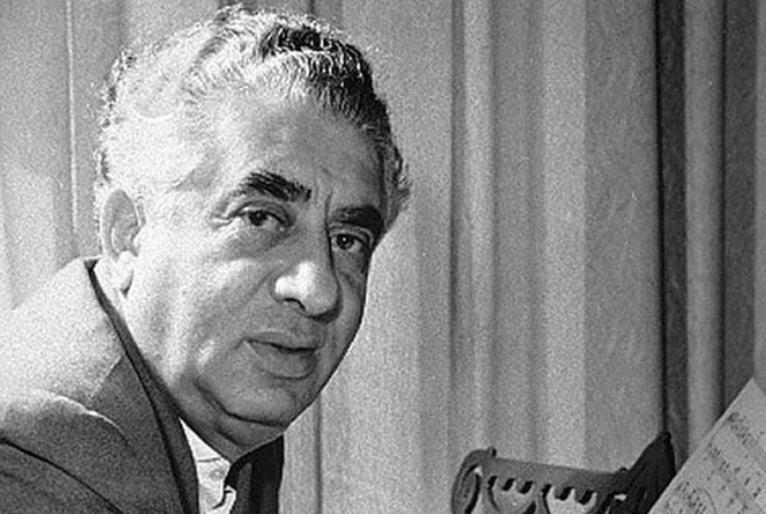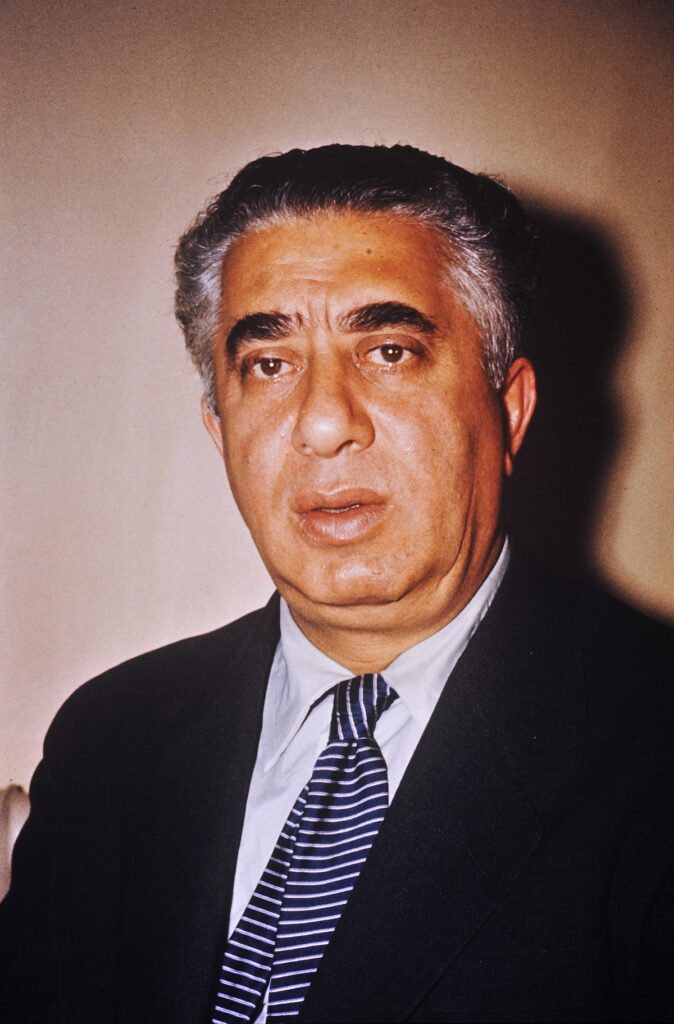Aram Khachaturian, the eminent Soviet composer of Armenian descent, left an indelible mark on the world of classical music with his innovative compositions. Here are ten intriguing facts about this musical genius:
- Early Influences: Born on June 6, 1903, in Tiflis (now Tbilisi, Georgia), Khachaturian was exposed to Armenian folk music from a young age, which greatly influenced his compositional style.
- Multifaceted Talent: Not only was Khachaturian a composer, but he was also a proficient conductor and accomplished pianist, showcasing his multifaceted musical talents.
- Diverse Compositions: Khachaturian’s compositions span various genres, including symphonies, concertos, ballets, film scores, and chamber music. His works reflect a fusion of Western classical music with the rich musical traditions of Armenia.
- Iconic Ballets: He is best known for his ballets, particularly “Gayane” and “Spartacus.” The energetic rhythms, colorful orchestration, and expressive melodies in these ballets captivated audiences worldwide.
- Soviet Recognition: Khachaturian was celebrated as one of the leading composers of the Soviet Union. He received numerous awards and honors, including the Stalin Prize and the title of People’s Artist of the USSR.
- Political Scrutiny: Like many artists in the Soviet era, Khachaturian faced scrutiny from the authorities. His music occasionally fell under criticism for allegedly lacking ideological conformity, yet he managed to navigate these challenges while maintaining his artistic integrity.
- Influence of Armenian Culture: Throughout his career, Khachaturian drew inspiration from Armenian folk melodies and dance rhythms, infusing his compositions with the vibrant spirit of his homeland.
- Global Impact: Beyond the Soviet Union, Khachaturian’s music gained international acclaim. His compositions continue to be performed by orchestras and ballet companies worldwide, captivating audiences with their emotive power and rhythmic vitality.
- Legacy of Innovation: Khachaturian’s innovative use of orchestration and harmonic language distinguished him as a groundbreaking composer of the 20th century, leaving a lasting impact on the development of classical music.
- Enduring Popularity: Even decades after his death in 1978, Khachaturian’s music remains popular and influential, serving as a testament to his enduring legacy as one of the most significant composers of his time.
In summary, Aram Khachaturian’s life and work exemplify a remarkable fusion of cultural influences, political dynamics, and artistic innovation, solidifying his status as a towering figure in the world of classical music.


Comments are closed